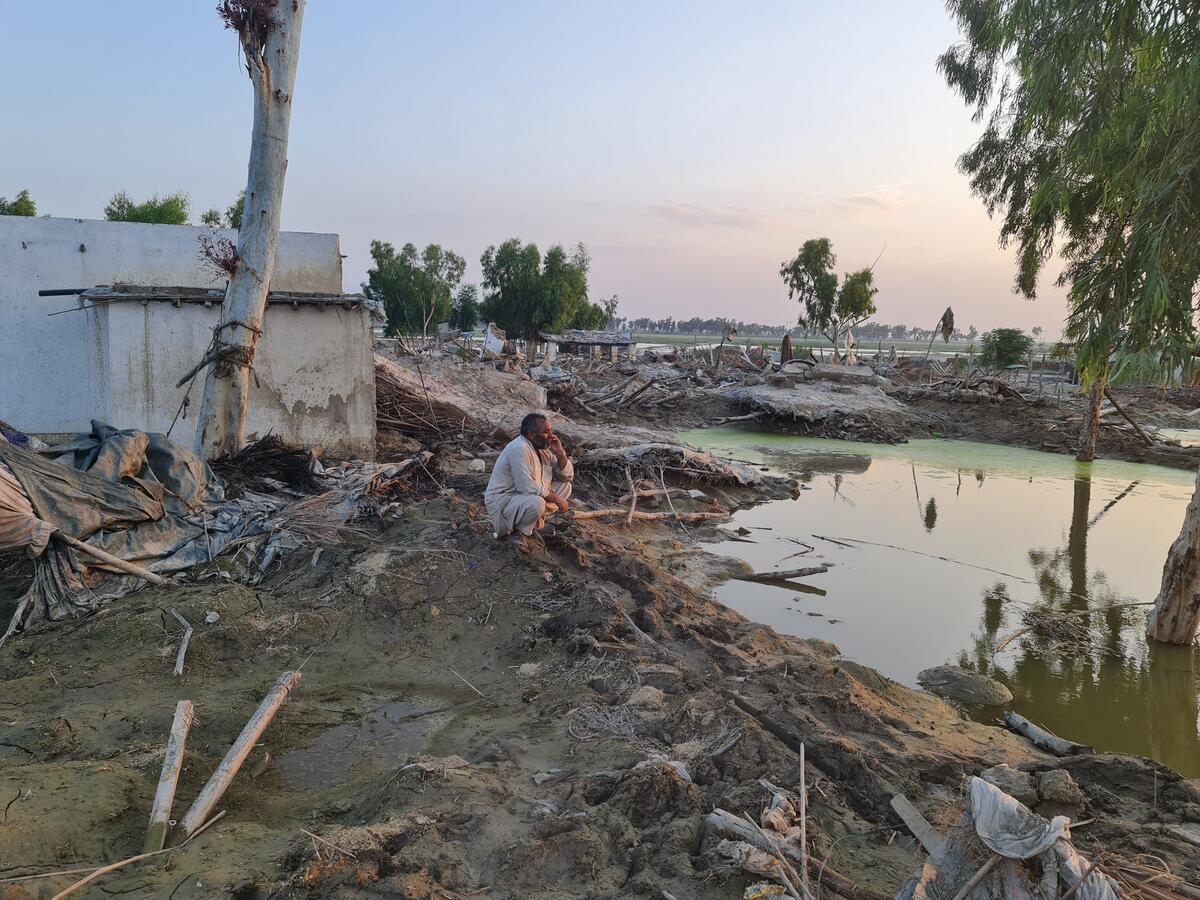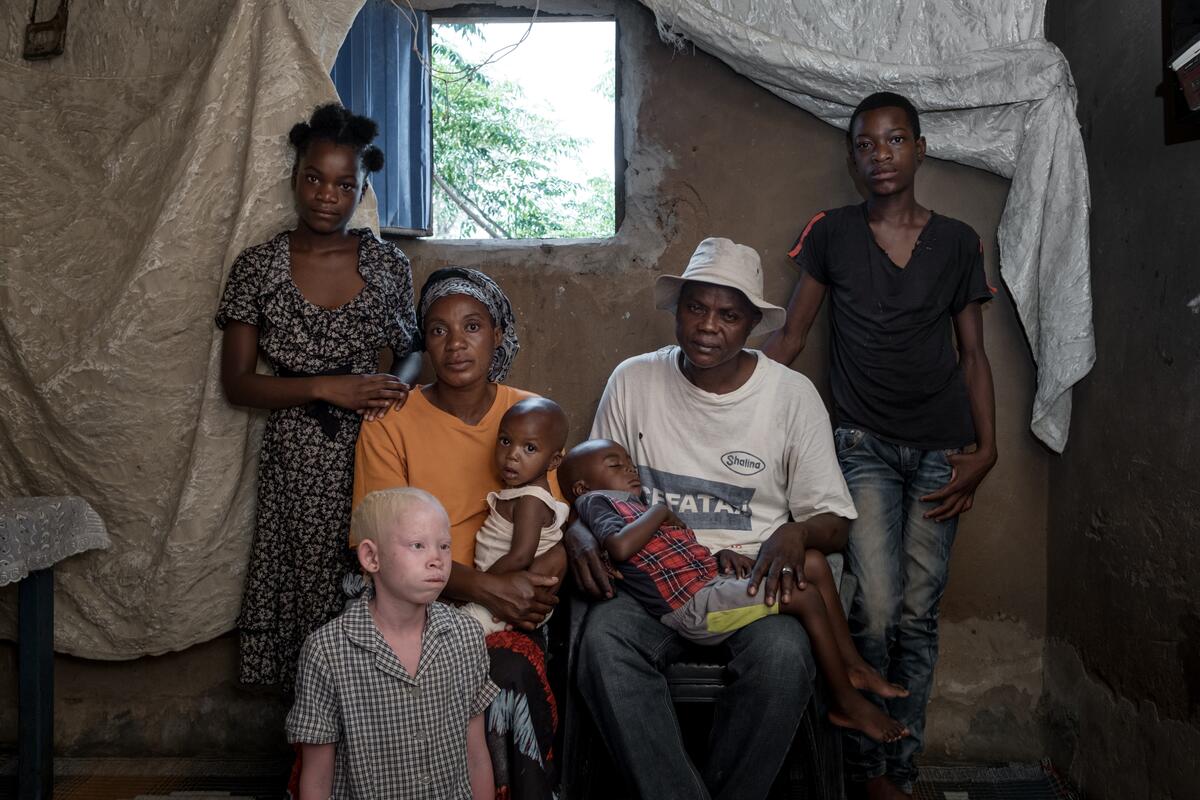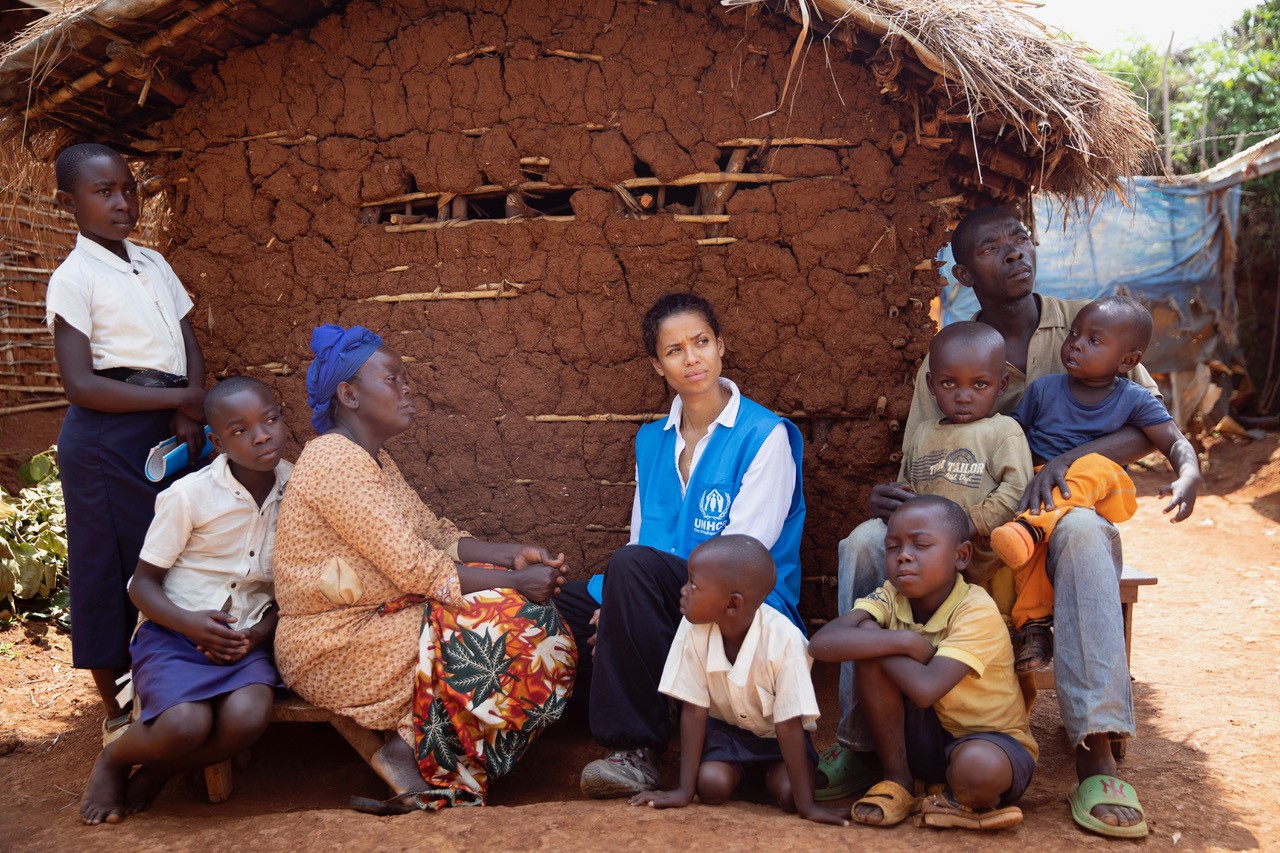UNHCR says funding urgently needed to continue assisting desperate, displaced Malians
UNHCR says funding urgently needed to continue assisting desperate, displaced Malians
UNHCR is today renewing its appeal for funds to help meet the needs of Malian refugees and internally displaced people.
UNHCR needs US$144 million to cover the basic protection and assistance needs. So far we have received only 32 per cent of this amount. The financial requirements and activities presented in the Special Appeal are not additional to the ones approved by our Executive Committee in 2012 but reflect a reprioritization of UNHCR's budget based on the latest developments in the region.
The funding UNHCR is seeking is to allow for expansion and construction of transit centres, provision of supplementary and therapeutic food, shelters and other relief items, and delivery of basic services such as health care, water and sanitation and education.
Currently, there are more than more than 175,000 Malian refugees in surrounding countries. This includes 75,850 refugees in Mauritania, over 49,000 in Burkina Faso, and some 50,000 in Niger. The special appeal we are issuing today covers the needs of this population plus up to 45,500 additional refugees anticipated during 2013 (based on existing rates of arrival).
In addition to the refugee population there are more than 282,000 internally displaced people. Funding for them is also urgently needed. UNHCR leads efforts to coordinate activities of the protection and shelter clusters.
Displacement from Mali into neighbouring countries is continuing. More than 35,000 refugees have become refugees since the military intervention on 11 January (and, according to OCHA, there are an additional 60,000 IDPs). According to our staff on the ground, many recent arrivals are in worse condition than the refugees who arrived last year, requiring immediate relief and attention. The humanitarian situation is also being aggravated by prevailing food insecurity as a result of ongoing drought and a series of crop failures affecting the entire Sahel region.
Mauritania
In Mauritania - the largest hosting country of Malian refugees - at the end of last year there were over 54,000 Malians. The military intervention, in January, in northern Mali prompted a new influx of refugees, with an average of 500 new arrivals per day during January and February 2013 - amounting to more than 21,000 people. People are continuing to arrive, but in smaller numbers.
The new influx requires an expanded response in life-saving sectors, including in food and non-food items, water, sanitation, nutrition, health, education, shelter and environmental areas.
Several measures have been taken to treat and prevent malnutrition at the Mbera refugee camp, including distribution of nutritional supplements to infants, organization of awareness sessions for mothers, increased access to health facilities, launch of a measles vaccination campaign and installation of better water and sanitation infrastructure. This has led to a reduction in acute malnutrition rates of refugee children (under 5 years) from 20 per cent to 13 per cent. Additional funding is required to improve prevention and response mechanisms.
Niger
The latest wave of refugees (some 2,700) who reached the inhospitable and remote north of Niger in late March and early April is mainly composed of women and children, escaping the ongoing military operations in Kidal and Menaka on foot or donkey. Reception conditions are precarious, mainly owing to a lack of water and health facilities. UNHCR and WFP have already provided them with food and emergency non-food items (NFI) while also re-deploying staff and resources to this isolated area. A recent inter-agency survey to assess the feeding programmes shows positive results but continued efforts are required to counter prevailing malnutrition in the four refugee camps of Niger.
Burkina Faso
In Burkina Faso, the majority of the new arrivals have been settled in Goudoubo camp, where a recent nutrition survey organized by UNHCR, WFP and the national health authorities showed an alarming high Global Acute Malnutrition (GAM) rate of 24.5 per cent. UNHCR and its partners have completed individual screening of all children under 5 years of age and have started treatment of malnutrition cases.
Preparation is underway for blanket feeding programmes, including fortified cereals and micro-nutrient powder for children under 5 years and supplements or fortified blended food to all pregnant and lactating women.
One of the main protection priorities in Burkina Faso and Niger is to relocate refugees away from the formal and informal sites that are too close to the border or to military installations.
For more information on this topic, please contact:
- In Dakar, Helene Caux (Regional) on mobile + 221 77 333 1291
- In Tunis, Dalia Al Achi (Regional MENA) on mobile + 216 58 33 51 18
- In Burkina Faso: Hugo Reichenberger on mobile + 226 61 15 55 47
- In Niger: Charlotte Arnaud on mobile + 227 92 19 19 03
- In Mauritania: Nada Merheb on mobile + 222 33 49 26 26
- In Geneva, Babar Baloch on mobile: +41 79 557 9106








